Following the success of “Midnight Swan”, which won the Japan Academy Prize for Best Picture, Uchida decided to return to one of his favorite themes, the meta “film about films” concept, continuing in the same level of quality he exhibited in titles like “Lowlife Love” and “The Naked Director”.
Shrieking in the Rain is screening at Camera Japan

The story takes place in an anonymous studio during the summer of 1988, where video production for home rentals has reached its highest peak (in another meta notion, since “Shrieking in the Rain” was released for Amazon Prime actually). First-time director Hanako Hayashi is in charge, but the truth is, she actually isn't. At all. Instead, she experiences frequent meltdowns, as in the initial scene where she has locked herself in the prop car, not talking to anybody, exhibits rather eloquently, her directions are vague, contradicting, and rather annoying for the cast and crew who get increasingly fed up with her. The fact that most of them are veteran men and she is a female filmmaker on her debut does not help at all, expectedly.
The movie in question is an erotic melodrama of sorts, starring Shinji, a popular teen idol whose agent, and himself, are not really keen on shooting the erotic scenes involved, and Kaede, a veteran actress whose career is waning and seems to be constantly fed up with her partner's lack of dedication. The rather bad chemistry between them is not the only issue Hanako has to face, since the producers are rather demanding, Inoue, the American-mentality owner of the video company wants to shoot the whole thing in US-style, while a representative of the film classification board is driving all of them crazy with his rather absurd (but realistic, even today) rules regarding sex scenes, which also include notions on how many times an actress can move her hips up and down. Again expectedly, the production is rather late, and the relationships between the majority of members, on the brink.
Eiji Uchida manages to highlight the reality of moviemaking in the most detailed and realistic fashion, with the plethora of characters appearing in the story presenting all of its aspects, including dubbing, art direction, sound and all the elements mentioned before. At the same time, and although the madness of shooting a movie is the permeating sentiment here, Uchida also induces the narrative with a sense of nostalgia by placing his story in the currently trending globally 80s, while also focusing on the fact that, in the end, the love for cinema is a driving force that can overcome every obstacle, and something that actually all involved in the industry are “injected” with.
The comedic, essentially self-deprecating comments (considering that Uchida seems to mock both directors and all the members of the crew) dominate a large part of the narrative, but the darker notions are also here, and the overall view, is in no way naively romantic. The way the female members of the crew are treated by the new male ones is as bad as the way the rookies are treated by the veterans, while the different agendas the people involved have result in clashes that occasionally seem destructive for a production. Agents want their talents to avoid anything that could jeopardize their popularity, producers want to do everything by the book and avoid any kind of issues with the law, even at the expense of the final product, with the same applying to investors, whose sole focus is making money. Secondary actors want to become superstars, veteran ones to retain their former glory, experienced members of the crew want to be the “bosses” on set, and the director is the one that has to juggle everything in order to achieve at least part of their artistic notion. As such, and as the story progresses, the completion of the movie soon becomes a question of whether Hanako will manage to pull everyone forward, towards her goal, through her sheer passion and despite her overall, constantly on the verge of breaking down mentality, or if the issues will crumble both her and the whole production. This aspect actually carries the movie from beginning to end, inducing the narrative with a sense of agony while also making it impossible not to root for her.
In that regard, Marika Matsumoto gives a great performance, highlighting her character's sensitivity and introversion in the best fashion, with her transformation also being among the best aspects of the movie. Kenta Suga in the role of the idol who is not sure who to hear or even how to conduct himself, particularly on the “mechanics” of erotic scenes is quite convincing, with the same applying to Maeko Oyama as his partner, with the antithetical chemistry of the two working quite well. Kiyohiko Shibukawa as the owner of the video company is always a treat to watch, Serena Motola has an intriguing role as a member of the crew who gets “bullied” that she fulfills nicely, while Chika Uchida and Gaku Hamada round up an overall great cast.
Kenji Noguchi's cinematography captures the various aspects of the movie with realism, without any exaltations, essentially allowing the viewer to focus on the story, while the frequently frantic editing communicates the on-set chaos in the best fashion, with some well-placed scenes of the director's childhood providing a welcome relief from all the tension.
“Shrieking in the Rain” is not exactly a pioneering film, and the truth is, that the combination of nostalgia and love for cinema do lead to some scenes that could be described as cheesy (the donut ones for example). It is, however, sincere, realistic, informative and quite fun, in a combination that truly deserves to be watched.


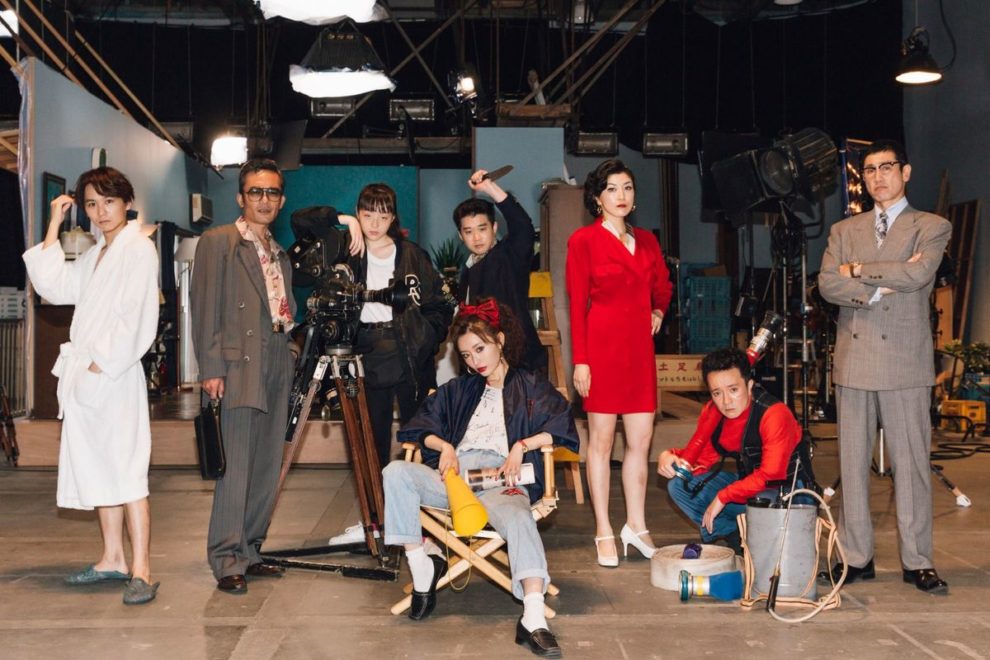

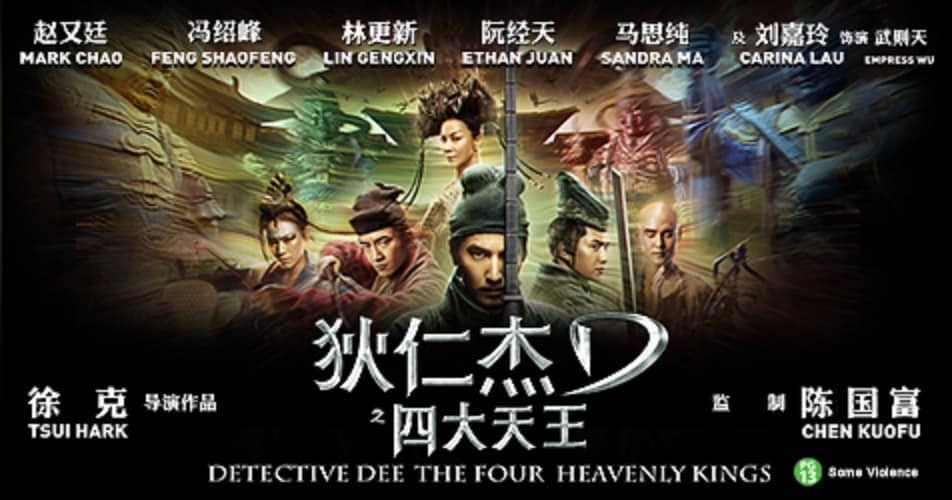
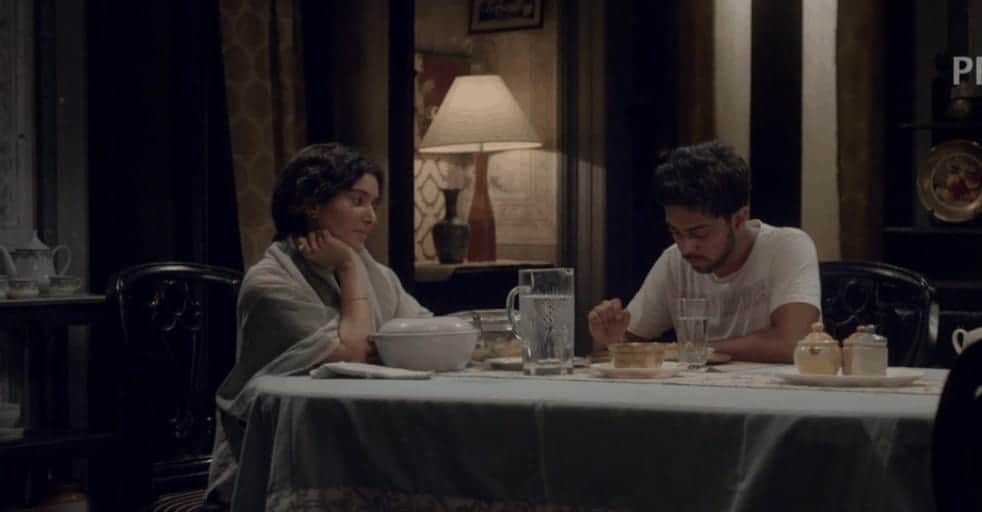
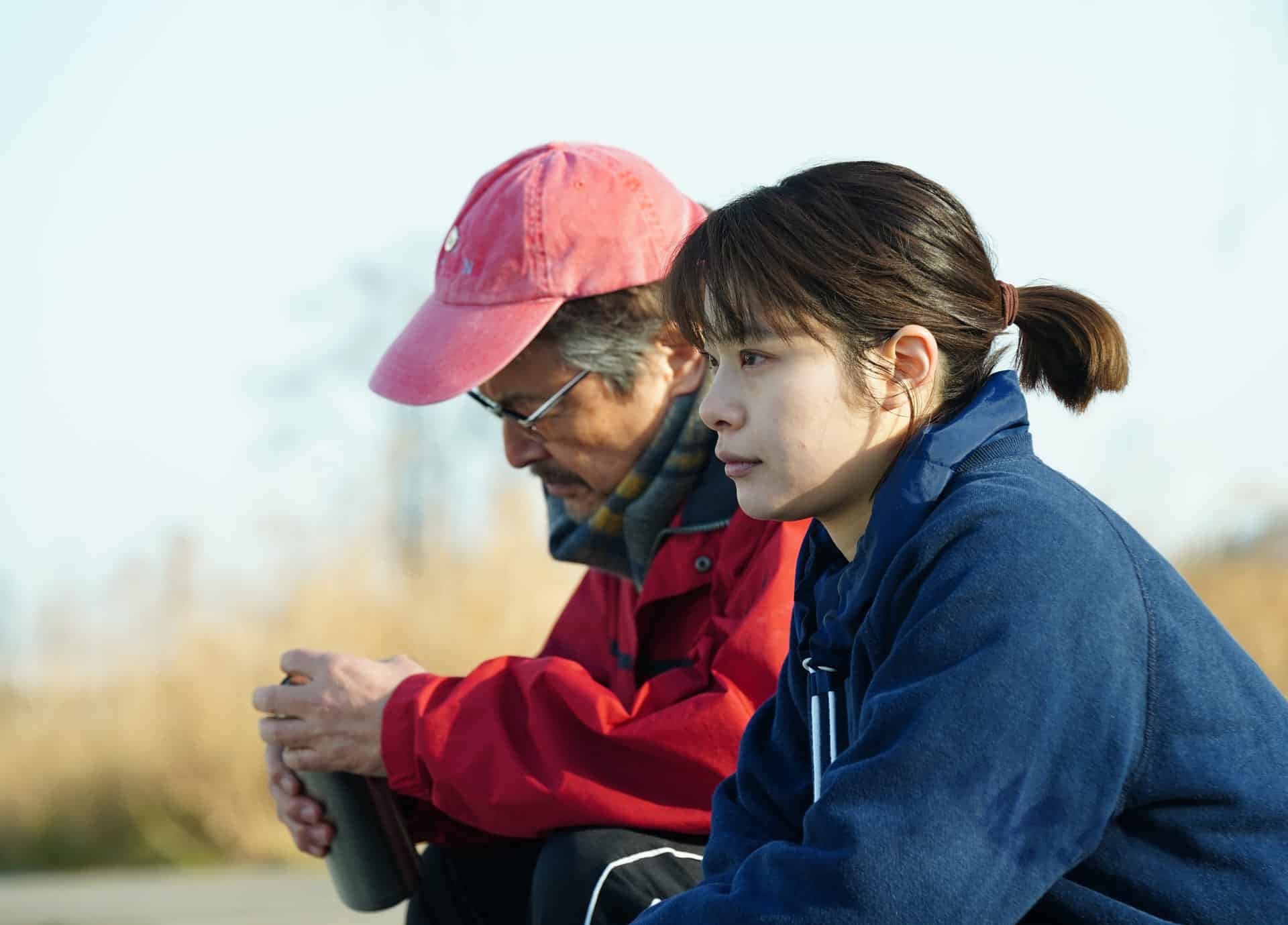

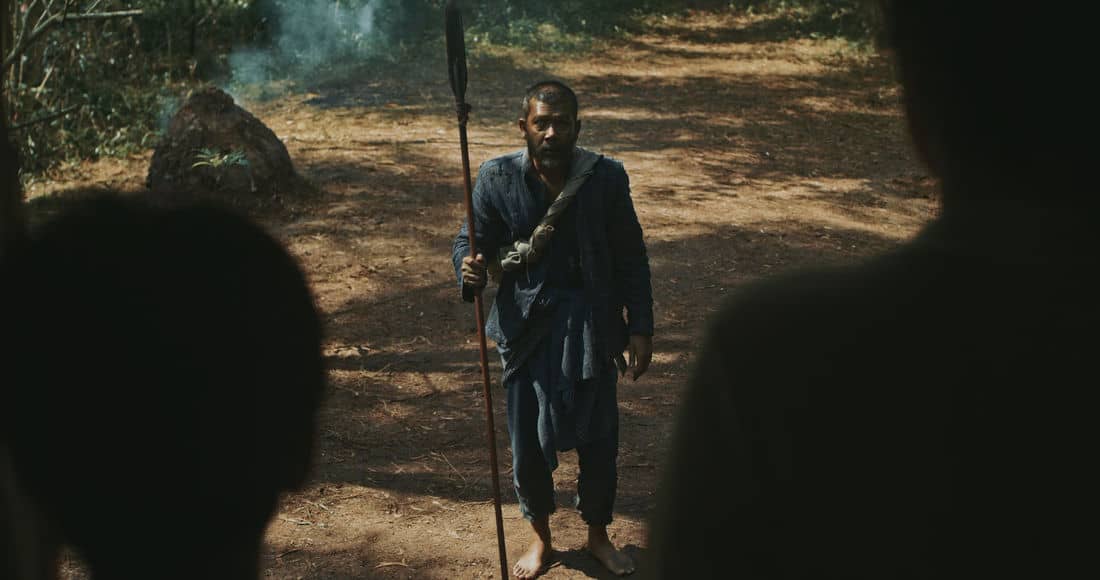








I appreciate that the film covers a wider variety of aspects and roles in the production process, compared to say The Woodsman and the Rain’s sole focus on the Director (with other characters merely supporting the Director’s efforts). Sounds worth a watch, thanks!
(small typo in the sub-header, “onw” instead of “own”)
Thank you for the comment and the “editing”. It is now corrected